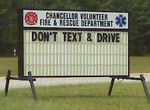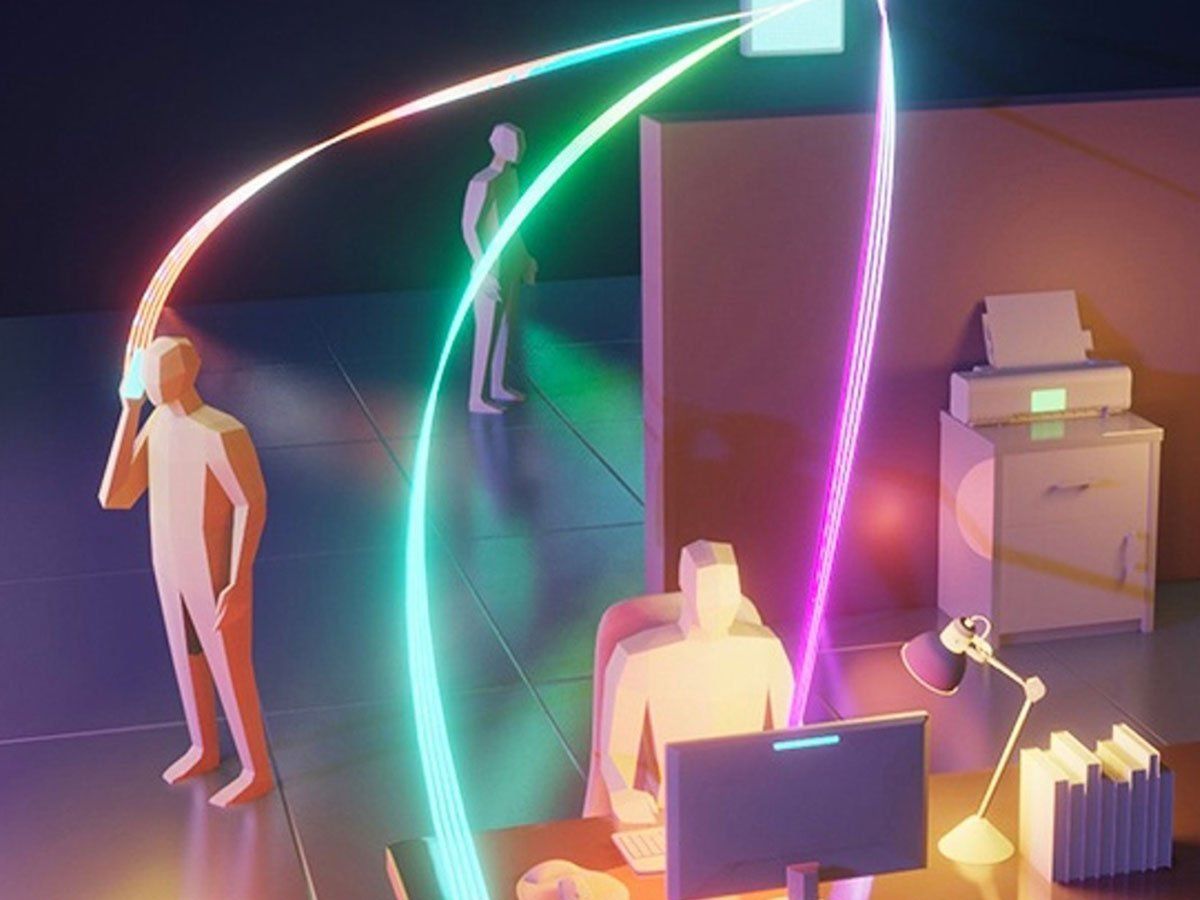Yesterday afternoon, the US National Transportation Safety Board (NTSB) unanimously voted to recommend:
- A ban on the non-emergency use of portable electronic devices (other than those designed to support the driving task itself like GPS devices) for all drivers;
- The use of the National Highway Traffic Safety Administration (NHTSA) model of high visibility enforcement to support these bans; and
- The NHTSA implement targeted communication campaigns to inform motorists of the new law and enforcement, and to warn them of the dangers associated with the non-emergency use of portable electronic devices while driving.
The NTSB recommendations came after an NTSB Board meeting to discuss the Highway Accident Report related to the multiple fatality/multiple injury crash involving two school buses, a tractor trailer truck without a trailer (or "bobtail" truck), and a pickup which occurred on the 5th of August 2010 in Gray Summit, Missouri. The NTSB concluded that the probable cause of the accident as "distraction, likely due to a text messaging conversation being conducted by the ... pickup driver." According to the NTSB, the 19-year old pickup truck driver had texted 11 times in 11 minutes prior to the crash.
This Missouri accident appears to have been the final straw for the NTSB. Its first investigation involving distraction from a wireless electronic device occurred in 2002, and since then, the NTSB has seen its investigations involving distraction caused by wireless electronic devices spread to all modes of transportation, it stated. In addition, the NHTSA's National Center for Statistics and Analysis published a study (PDF) in 2009 that indicated an increasing number of vehicle accident fatalities and injuries were linked to distracted driving. And just last week, the NHTSA reported (PDF) that even though 35 states ban texting while driving, its practice has jumped by 50% over last year, and that some 50% of 21-24 year old drivers now admit that they text while driving.
Said Chairman Deborah A.P. Hersman in a press release:
"According to NHTSA, more than 3,000 people lost their lives last year in distraction-related accidents. It is time for all of us to stand up for safety by turning off electronic devices when driving."
"No call, no text, no update, is worth a human life."
Chairman Hersman acknowledged (video) that "... this recommendation is going to be very unpopular with some people."
That may be an understatement.
The wireless trade group CTIA issued a statement that supported a ban on the manual texting while driving. However, it also stated that:
"As far as talking on wireless devices while driving, we defer to state and local lawmakers and their constituents as to what they believe are the most appropriate laws where they live."
A story in the Wall Street Journal says that automotive manufacturers and electronic companies also are lukewarm to the idea of a total ban. The WSJ article states:
"Auto and electronics companies say digital hands-free technology that can transmit phone calls through a car's audio system gives drivers a safe way to communicate without letting go of the wheel. The Alliance of Automobile Manufacturers Tuesday reiterated that auto makers have designed these systems to be used while driving. 'It's designed to be used in a way that helps drivers keep their eyes on the road and hands on the wheel,' the alliance said, adding that it is reviewing the NTSB's recommendation."
Muddying the waters a bit more is that just a few days ago the NHTSA announced that 2010's road traffic fatalities were the lowest (32,885) in 60 years, which the Alliance of Automobile Manufacturers said was in large part due to improvements made in the safety equipment manufacturers have built into vehicles.
In addition, there was a Reuters article on Monday reporting that a study by Richard A. Young of Wayne State University School of Medicine in Detroit, Michigan appearing in the January 2012 issue of the journal Epidemiology indicates that the increased risk from using a cell phone while driving as indicated in two influential studies may have been significantly overstated.
Professor Young's study was aimed at trying to unravel the discrepancy between the results from the two epidemiological studies - one from Canada in 1997 and one from Australia in 2005 - which indicated an approximately four-fold increase in the risk of an accident while talking on a cell phone and four more recent epidemiological studies that indicated a negligible increase in risk. Professor Young's analysis indicates that there may have been a positive risk bias in the methods used in the two earlier studies. You can read a paper (PDF) here that provides detailed background on Professor Young's study.
So with this as some background (you can see other blog posts on the issue of distracted driving here, here, here and here), are you in favor or not of the NTSB's recommendation for a total ban on the use of portable electronic devices by drivers or not? Do you think one will be enacted anytime soon? And do you think a ban would be effective, even if enacted?
Update: 15 Dec 2011
The New York Times published a blog post yesterday titled, "F.A.A. Approves iPads in Cockpits, but Not for Passengers," that says that the Federal Aviation Administration has approved the use of Apple iPads for pilots even during landings and take-offs.
Interestingly, the NTSB in its press release cited the 2009 Northwest incident as a reason behind its recommended ban:
"In 2009, two airline pilots were out of radio communication with air traffic control for more than an hour because they were distracted by their personal laptops. They overflew their destination by more than 100 miles, only realizing their error when a flight attendant inquired about preparing for arrival."
I wonder whether the NTSB and FAA discussed the juxtaposition of their respective announcements this week?
BTW, the Times article was more focused on the apparent contradiction of approving iPads for pilots while telling passengers to turn off their electronic devices for safety reasons. I'll be looking at this issue again in the near future.
Robert N. Charette is a Contributing Editor to IEEE Spectrum and an acknowledged international authority on information technology and systems risk management. A self-described “risk ecologist,” he is interested in the intersections of business, political, technological, and societal risks. Charette is an award-winning author of multiple books and numerous articles on the subjects of risk management, project and program management, innovation, and entrepreneurship. A Life Senior Member of the IEEE, Charette was a recipient of the IEEE Computer Society’s Golden Core Award in 2008.



